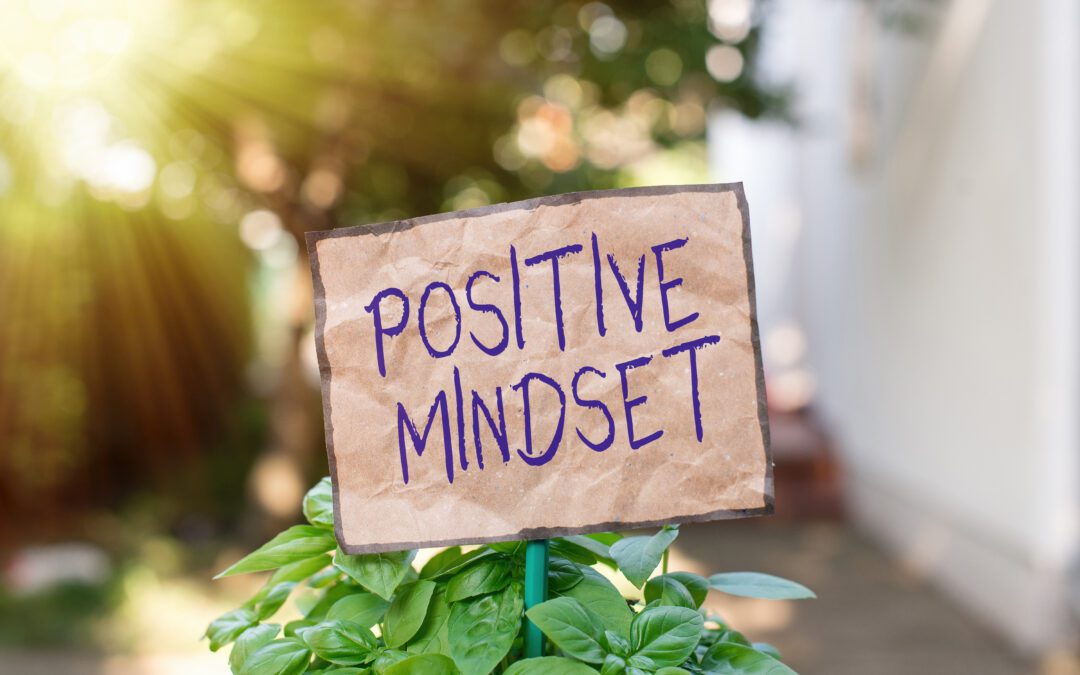Emotions, it almost goes without saying, play a big role in our lives. The emotion we are feeling at any given time has a significant impact on how we experience a moment, what we do in that moment, and how we remember it later.
Given the power of emotions, it is hardly surprising that they can impact your recovery from a substance use disorder. That impact can be positive or negative.
We have considered many emotions in previous blog entries. This entry serves as a roundup of some of those earlier blogs. We encourage you to follow the links to check out our full-length looks at these important mind states and their relationship to your ongoing sobriety.
From “Your Choices Are Not Sober or Happy. Be Sober and Happy.”
It can be all too easy to think of the recovery journey as one long slog devoid of joy or fun. After all, at the center of sobriety is a big list of “do nots”—as in: “Do not have a drink with your friends.” Or: “Do not go to parties where attendees are likely to be using drugs.” Or: “Do not return to places or situations that you heavily associate with drug or alcohol use.”
All those “do nots” can weigh heavily on a person. You might feel as though you are constantly in danger of breaking this or that rule. Or you might feel as though you have to choose to be sober or choose to be happy and carefree.
But that is a false dilemma. You absolutely do not have to choose between sobriety and happiness. You can—and should—have both.
From “Grief Can Be Intense—But It Doesn’t Have To Threaten Your Sobriety”
You might choose to process grief in a number of different ways. Maybe you would find it helpful to write in a journal about how you are feeling. Maybe you need to discuss the emotion and the challenges it presents with your therapist or your sponsor or in a support group setting. Maybe mindfulness, meditation, yoga, or similar practices can help you effectively manage (and more fully understand) the way you are feeling moment to moment.
Any or all of these resources can help you make peace with grief (and can also be helpful for managing other strong emotions like regret or anger)—and can help ensure you do not turn to (or turn back to) drugs or alcohol in the hope of deadening the emotion.
From “All About Anger and the Danger It Can Pose to Your Recovery”
Even when we know that lashing out verbally or physically is the wrong thing to do, we often feel like we cannot control our anger or channel it in positive ways. This feeling of a lack of control can be particularly dangerous for a person in recovery because they may be tempted to turn to drugs or alcohol to try to numb the anger they are experiencing.
The good news is that you can make some intentional choices that can help you process anger (and other emotions) in helpful ways that will not undermine your relationships—or your recovery.
Examples of these sorts of intentional choices include:
- Resisting the temptation to express your anger in terms of blame and instead focus on “I” statements that explain how the current situation is making you feel.
- Stepping away from a confrontational situation and suggesting that the conversation resume once you and others have had some time to calm down.
From “The Importance of Overcoming Loneliness for Your Sobriety”
It can be helpful to remember that even when we are experiencing feelings of loneliness, we aren’t really alone—not alone in having those feelings, but also not alone in reality. This can be hard to remember, especially if you are struggling with a substance use disorder.
Loneliness and substance use create a vicious cycle: You feel lonely, so you turn to drugs or alcohol to feel relief. But the substance use further isolates you, so you feel lonely more often. And the cycle repeats.
Similarly, if you are in recovery, avoiding loneliness is important for maintaining your sobriety. Overwhelming feelings of loneliness can undermine your recovery and start the cycle of substance use all over again.
Given all of this, it is important to have a plan for staving off those lonely feelings.
It Would Bring Us Joy to Help You Regain Your Sobriety
At Wooded Glen Recovery Center in Indiana, we are wholly committed to evidence-based practices when it comes to helping the people we serve reclaim their sobriety. Drawing on our experience, expertise, and empathy, we create personalized treatment plans to help you overcome a substance use disorder and begin your recovery journey with confidence. We will see you through detoxification and a robust rehabilitation program that includes treatment for co-occurring mental health disorders. We follow that up with a continuum of care that provides ongoing support as your recovery gets underway.
If you are struggling with drugs or alcohol, we have a feeling we can help.

